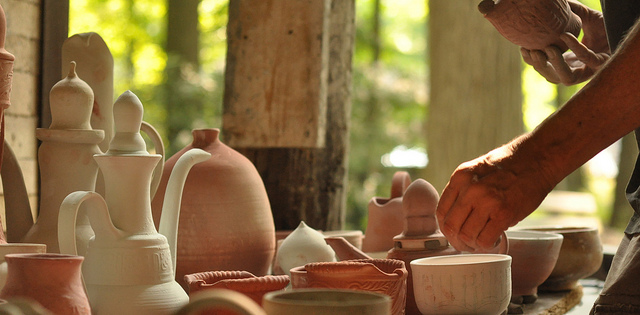What Does It Mean To Be Anabaptist?

I’ve got some new friends who had never heard of anabaptism. So I wrote a summary of what I understand Anabaptism to be. Look it over. What would you add or subtract? What would you nuance differently?
And if you aren’t anabaptist, what questions would you have?
The Anabaptist tradition
In 1525 the reformation of the church in the West was just beginning. There was a lot of excitement about Luther’s reforms, not least of all in Zurich, Switzerland. Zwingli was leading the city leaders into a reform there based on Scripture alone, but many of the reformation’s supporters there didn’t think that Zwingli was going far enough. They noticed that when he spoke about certain issues, that he was more interested in his theological point, rather than actually brining the church back into obedience to Jesus. So they baptized themselves in the name of Jesus, making each other citizens of Jesus’ kingdom instead of any kingdom on earth. This movement grew, and they were called ana-baptists by their enemies, because it was claimed that they would re-baptize their members. But in reality, the Anabaptists affirmed that they were spreading the one true baptism–an entrance into God’s kingdom through true understanding and not just assent to the society of the church. This movement has continued to this day.
What Anabaptists Believe:
1. Jesus only
“No one knows the Father except the Son”
Anabaptists hold to no theology except that stated by Jesus himself. Even as Jesus supersedes the Old Testament law, Jesus also rules over all theology that the church itself created, whether that by Paul or by Calvin or by N.T. Wright. And the focus of our belief is not a Jesus we create–such as a glorified, theological Jesus or a model of a historical Jesus or a cultural Jesus–but the Jesus of the gospels. Thus, the four gospels lead us to interpret all things through the words and life of Jesus.
Since Anabaptists affirm the superiority of Jesus, we also recognize the weakness of all things human to achieve truth or justice. Thus, any particular denomination or creed is only in a process of getting closer to or further from Jesus, but no church could ever be complete in and of itself. Various governments may attempt to achieve justice, but they all fail. Schools attempt to teach truth, but no matter how precise they are, they fail to achieve the full truth that Jesus gives us. (more…)
October 27, 2009 Anabaptism, Church, Community, Discipleship, Love, Mennonite Church USA, poverty, The Bible, Theology Read more >